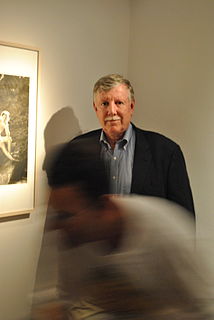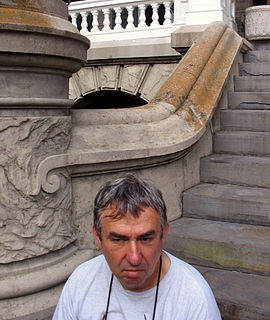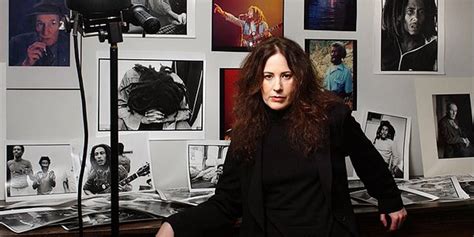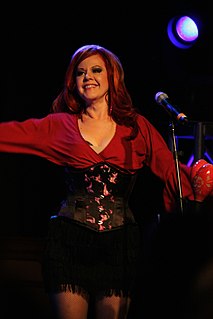A Quote by Jock Sturges
The transactions between me and the people that I photograph are very very collaborative.
Quote Topics
Related Quotes
Photographers usually want to photograph facts and things. But I'm interested in the nature of the thing itself. A photograph of someone sleeping tells me nothing about their dream state; a photograph of a corpse tells me nothing about the nature of death. My work is about my life as an event, and I find myself to be very temporal, transient.
We don't understand what photography is doing. We don't understand the power of its rhetoric. We don't understand why the Provoke photographers showed Tokyo city as a ghastly and alien city when it was really going through this period of mega-capitalist growth. It's a very, very, very powerful force, the photograph. People ask me why it has such an ability to captivate us. And I just don't know.
Somebody's willingness to let me photograph them, and willingness to tell me a story, has nothing to do with the words I say. It all has to do with the energy I'm giving off, which hopefully is very genuine, very interested energy. It's just two people having a conversation in the street. I think that's where genuine content comes from.
How foolish of me to believe that it would be that easy. I had confused the appearance of trees and automobiles, and people with a reality itself, and believed that a photograph of these appearances to be a photograph of it. It is a melancholy truth that I will never be able to photograph it and can only fail. I am a reflection photographing other reflections within a reflection. To photograph reality is to photograph nothing.
One of the magical things about photography is the transformation that takes place when you photograph something. Something that inherently has very little going for it in terms of the interest you take in it, can become infinitely more interesting when rendered as a photograph. It's no longer a building. It's a photograph.
I was taken by William Burroughs’ presence and intelligence from the first time I was introduced to him, by Lester Bangs in 1975. He was thrilling to listen to. When you heard him speak, you felt that you were privy to such a rare mind. Even in small-talk, he spoke with perfect economy of language. His shoots with me were very collaborative and it was an incredible opportunity to be able to photograph him over the course of twenty years.

































